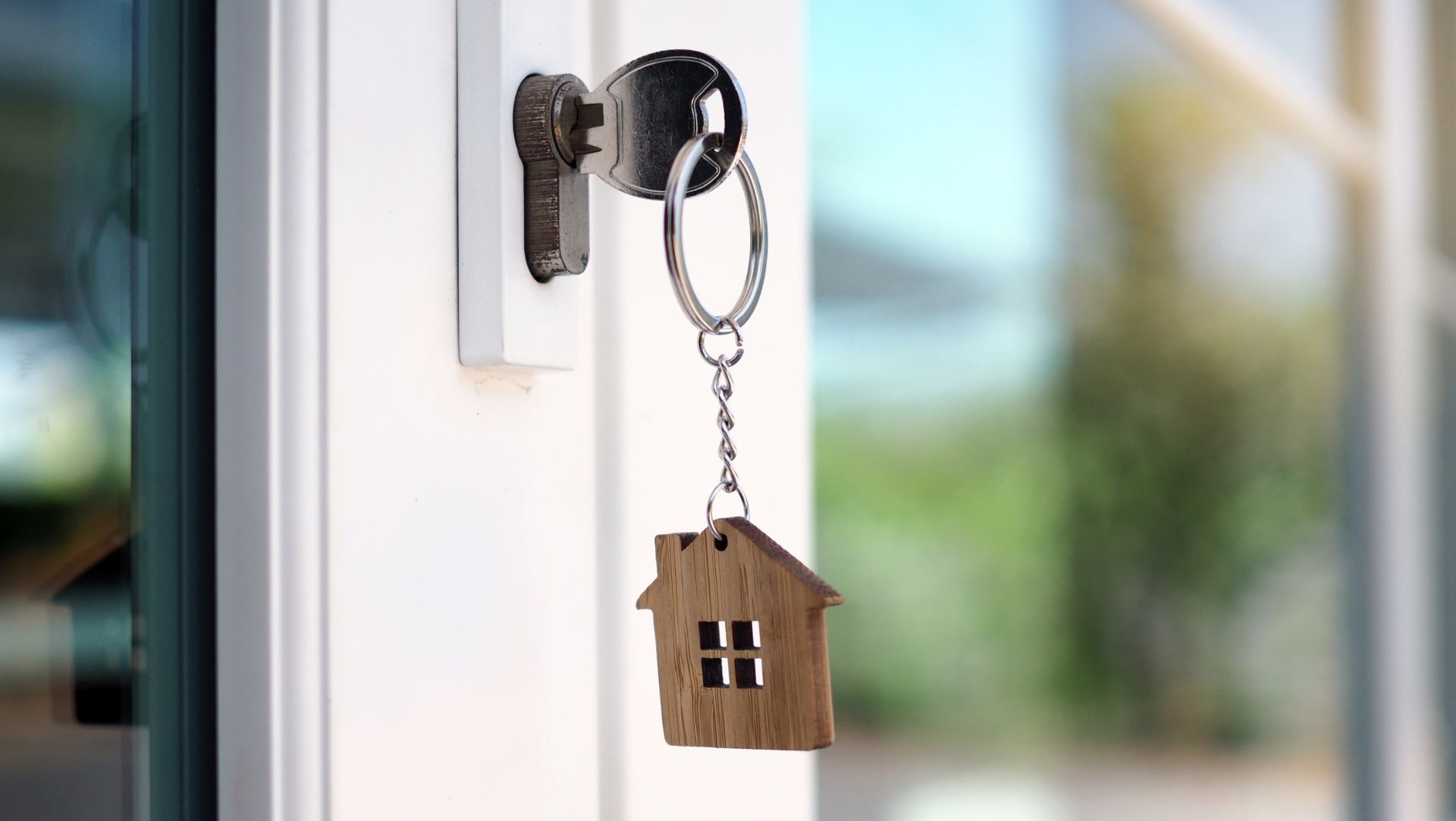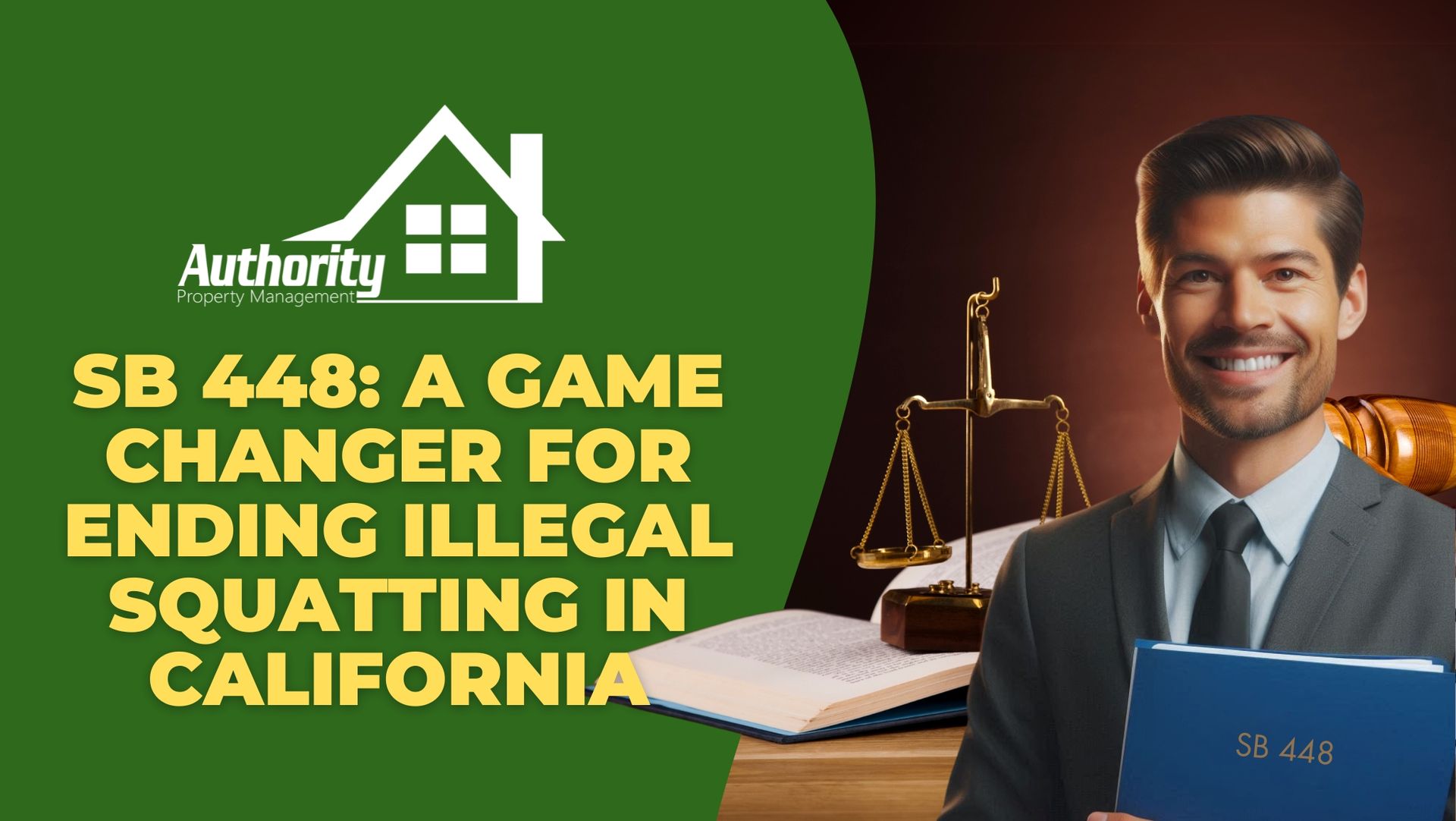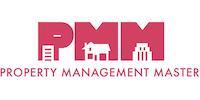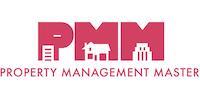Your Rights and Responsibilities: Understanding Landlord Entry, Privacy, and More in Your Rental Home
Can a Landlord Enter Your Apartment Without Notice?
As a tenant, understanding your rights and the landlord’s obligations is essential for maintaining a harmonious living arrangement. This blog post aims to provide clarity and guidance for renters.

In renting a home, it's crucial for both landlords and tenants to understand their respective rights and responsibilities, particularly when it comes to landlord entry and privacy.
First and foremost, it's essential to recognize that tenants have a right to privacy within their rental unit. While landlords do have a legal right to access the property for certain purposes, such as maintenance and repairs, tenants also have the right to enjoy their home without undue intrusion. This means that landlords cannot enter your apartment without proper notice and your consent. They must provide
reasonable notice before entering the rental unit, typically 24 to 48 hours in advance, except in cases of emergency or abandonment of property.
The legal reasons for a landlord to enter include:
Making Repairs: Landlords can enter to address maintenance issues.
Inspecting for Damage: Regular inspections to assess property condition.
Safety and Code Compliance: Ensuring the apartment meets safety standards.
Showing to Prospective Tenants or Buyers: When the property is up for rent or sale.
Insurance or Mortgage Companies: For necessary assessments.
Suspected Lease Violations: If there’s a reasonable belief that the lease terms are being violated.
Additionally, tenants are responsible for maintaining the rental property in a clean and habitable condition, as outlined in most lease agreements.
This includes promptly
reporting any maintenance issues to the landlord to ensure they are addressed in a timely manner. By taking proactive measures to keep the property in good condition, tenants not only fulfill their responsibilities but also contribute to a positive landlord-tenant relationship.
When it comes to repairs and maintenance, tenants should be aware of their rights to request repairs and expect a timely response from the landlord. Most states have laws in place that require landlords to maintain the property in a habitable condition, which includes ensuring that essential services such as plumbing, heating, and electricity are in working order. If a landlord fails to address maintenance issues promptly, tenants may have legal recourse to remedy the situation.
It's also essential for
tenants to familiarize themselves with the terms of their lease agreement, as this document outlines the specific rights and responsibilities of both parties. Lease agreements typically cover important details such as rent payment terms, lease duration, and rules regarding pets, subletting, and property alterations. By understanding and adhering to the terms of the lease agreement, tenants can avoid potential conflicts with their landlord and ensure a smooth rental experience.
Through clear communication, mutual respect, and adherence to the terms of the lease agreement, landlords and tenants can work together to create a positive and smooth rental experience for all. Remember, knowledge of your rights and obligations empowers you as a tenant. If you encounter any issues, consult local laws and seek legal advice if necessary.
Share this post with a friend!
Disclaimer: The content on this blog is for informational purposes only and is not intended as legal or advice. Consult with a qualified professional for specific advice.

Authority Property Management Inc.
Search our Blog!
Anderson, Bella Vista, Cottonwood, Happy Valley, Igo, Keswick, Lake California, Millville, Mountain Gate, Oak Run, Ono, Palo Cedro, Redding, Shasta County, Old Shasta, Shasta Lake,
Authority Property Management Inc. in Redding, CA is a licensed Property Management Company and Rental Agency. We offer comprehensive real property management services in Shasta County and surrounding areas. Our expertise includes managing rental properties, single-family homes, apartments, and commercial properties.
Contact Us Today For Expert Property Management Services In Redding, CA!
2025 Authority Property Management Inc., Redding, CA. All Rights Reserved.

























